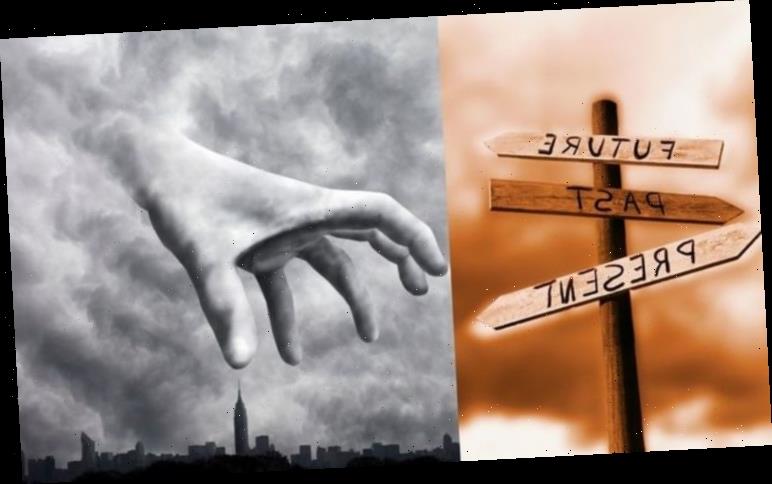Time is very much a human concept, based on the idea of entropy – randomised chaos within the Universe which gives the illusion of passing time. However, away from our Earthly realm, one person believes time loses its significance in the afterlife.
A man who just gave his name as Bob temporarily died following an accidental fall from a three story building.
Before he could be revived, Bob believes he saw the afterlife, where he was greeted by all of his dead relatives.
Time in that world lost all meaning, with everything happening all at once, according to Bob.
He wrote on the Near Death Experience Research Foundation: “The light was strong and somewhat unearthly at the end of a long tunnel. The light was as much love as anything in that it was pervasive.
“My relatives (all deceased) were there, all at their prime in life. They were dressed (I would say 1940’s style which would have been prime years for most).
“Relatives I knew of, such as my grandfathers, but never knew in life were there as well as uncles and aunts who passed before I knew them.
“The unconditional love was overwhelming and permeated all of us genuinely and richly.
“There was no element of time and no verbally spoken word. Both time and verbal communication are of this world not needed in the NDE world.
“Everything was open thought communication. Time is the invention of man in this world, not a part of our core spirit.
“All of this was very clear to me in the NDE. Any question or uncertainty was confirmed, known, through non-verbal understanding.”
While Bob believes he saw the afterlife, scientists believe near death experiences such as this are a result of a surge of brain activity as one approaches death.
Researchers from the University of Michigan clinically induced cardiac arrest in rats while simultaneously monitoring their brain activity.
They were stunned to discover brain activity surged in the final 30 seconds of their life.
Jimo Borjigin, PhD, associate professor of molecular and integrative physiology and associate professor of neurology, said: “This study, performed in animals, is the first dealing with what happens to the neurophysiological state of the dying brain.
“We reasoned that if near-death experience stems from brain activity, neural correlates of consciousness should be identifiable in humans or animals even after the cessation of cerebral blood flow.”
Essentially, if the brain is more active, one might have vivid visions, leading them to believe they had seen the afterlife.
Dr Borjigin added: “The prediction that we would find some signs of conscious activity in the brain during cardiac arrest was confirmed with the data.”
Source: Read Full Article




